Sam Adams brewer has long kept former employees on a tight leash. Now some are suing to break free.
Boston Beer Co. requires workers to sign noncompete agreements, which former employees say stifle their ability to make a living.
At a time when the use of noncompetes has become increasingly restricted, Boston Beer Co., the multibillion-dollar brewer behind Samuel Adams beer, Truly hard seltzer, and Twisted Tea, has become embroiled in a number of lawsuits over its aggressive enforcement of these employment agreements.
Barring workers from jumping ship to a rival company — and going after those who do — is a rarity in the beer industry, and one that several former employees said has kept them out of their chosen field.
The first-hand involvement of Boston Beer founder Jim Koch in upholding noncompetes, sometimes resulting in former employees losing their new jobs, further demonstrates the 2,500-person company’s fiercely competitive stance when it comes to protecting proprietary information. Koch used his great-great-grandfather’s recipe to start Boston Beer in 1984, long before the craft beer boom began, and one of his publicly stated rules is: “Hire slowly, fire quickly.”
A complaint filed by Boston Beer in the fall against a former staffer and his new employer, Downeast Cider House in Boston, noted that Koch reached out to Downeast’s founder to inform him of the contract breach. The suit, which claimed Downeast was trying to obtain trade secrets and intentionally interfered with Boston Beer’s employment agreement, was dismissed after the employee was let go.
John Brennan, a former Boston Beer brewery sales representative in New Hampshire, filed a lawsuit against the company in January, stating that executives there contacted his new employer, Lone Pine Brewing Co. in Maine, and threatened legal action against the company over the noncompete. Brennan, 31, was terminated from Lone Pine, and now works in sales for a shoe company.
“It really forces these employees out of the industry,” said Brennan’s attorney, Ashley Pileika, noting that part of Boston Beer’s business model appears to be “to keep employee wages stagnant and prevent them from going to competitors.”
In a statement, a spokesman for Boston Beer Co. said that its people are its greatest asset and that “we invest a great deal of time, money, and effort on training and developing our people.” Salaried new hires are required to sign the one-year agreements in states where they can be enforced, he said, but thousands of jobs in the beer industry aren’t subject to them and former senior leaders have gone on to have successful careers at other brewers.
“Boston Beer recognizes that companies frequently use non-competes inappropriately, and as a result, most of our people are not covered by our non-compete,” said the spokesman. “It is intended to prevent confidential information from being immediately used to help brands that compete directly with ours.”
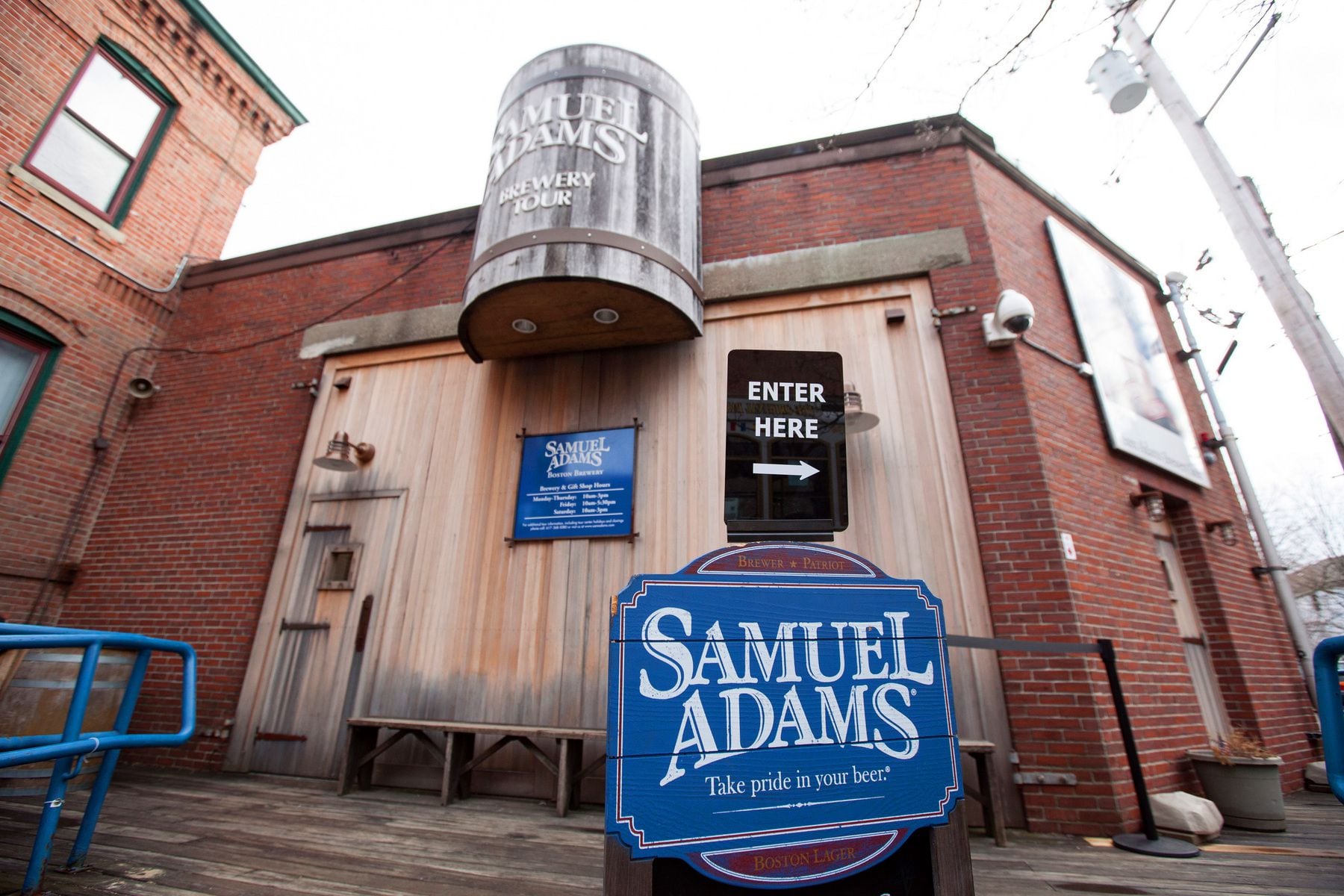
Noncompete agreements have been falling out of favor in recent years, with many states placing restrictions on which workers are subject to them and for how long. In Massachusetts, a 2018 law limits noncompetes to salaried employees to one year after their departure, during which time former employers must pay departing workers half their salary. Last year, Minnesota outlawed the enforcement of new noncompetes, and the Federal Trade Commission proposed a nationwide ban.
These prohibitions follow what recent research by the Economic Innovation Group calls a “growing body of empirical evidence” that suggests companies’ use of noncompetes is often “unscrupulous” and many such agreements are unenforceable but still prevent employees from taking jobs at competing firms.
In February, former Boston Beer Co. employee Maxx Hockenberry filed a complaint against the company for just that. Hockenberry, hired as a sales representative in Burlington, moved to Seattle when he was promoted to an accounts manager role in the fall of 2019. A few months later, Washington state banned noncompetes, including those already in existence, for employees like Hockenberry making less than $100,000 a year.
But when he quit in the spring of 2021, Boston Beer reiterated that he was subject to a one-year noncompete, and Hockenberry, unaware of the new law, spent a year bartending and waiting tables, among other “menial odd jobs” that paid him half of what he made at Boston Beer. He went on food stamps, lost his health insurance — and access to medication he took for high blood pressure — and found it difficult to “sell myself as a beer person” after being in that position.
“It largely ended my ability to continue what I thought was going to be a lifelong career in beer,” said Hockenberry, who is now an advertising sales manager in Portland, Ore.
Employees tend to believe their noncompetes are enforceable even when they’re not, as appears to be the case with Hockenberry, said Evan Starr, a business professor at the University of Maryland who has studied noncompetes. And this causes them to miss out on good jobs out of fear of legal action.
Boston Beer’s restrictions on departing employees keep them from providing knowledge to competitors that could cut into expansion plans around the country, said Burt Flickinger, managing director of the Strategic Resource Group consulting firm in New York. The company is also a “sophisticated sales organization” compared to the rest of the industry, he said, and it’s doing all it can to keep others from capitalizing on the extensive training workers have gained there.
But Brennan, the sales representative suing Boston Beer after losing his job at Lone Pine, argues in his complaint that noncompete agreements are “selectively wielded” and that his was enforced as a “direct act of retaliation” due to his support for co-workers who had reported acts of discrimination and harassment.
Brennan had been fired from Boston Beer in June of 2022 along with one of the co-workers he supported, Katie Fritts, who was also bound by a noncompete and recently joined the lawsuit. Both claim they were wrongfully terminated, which would render the noncompete invalid.
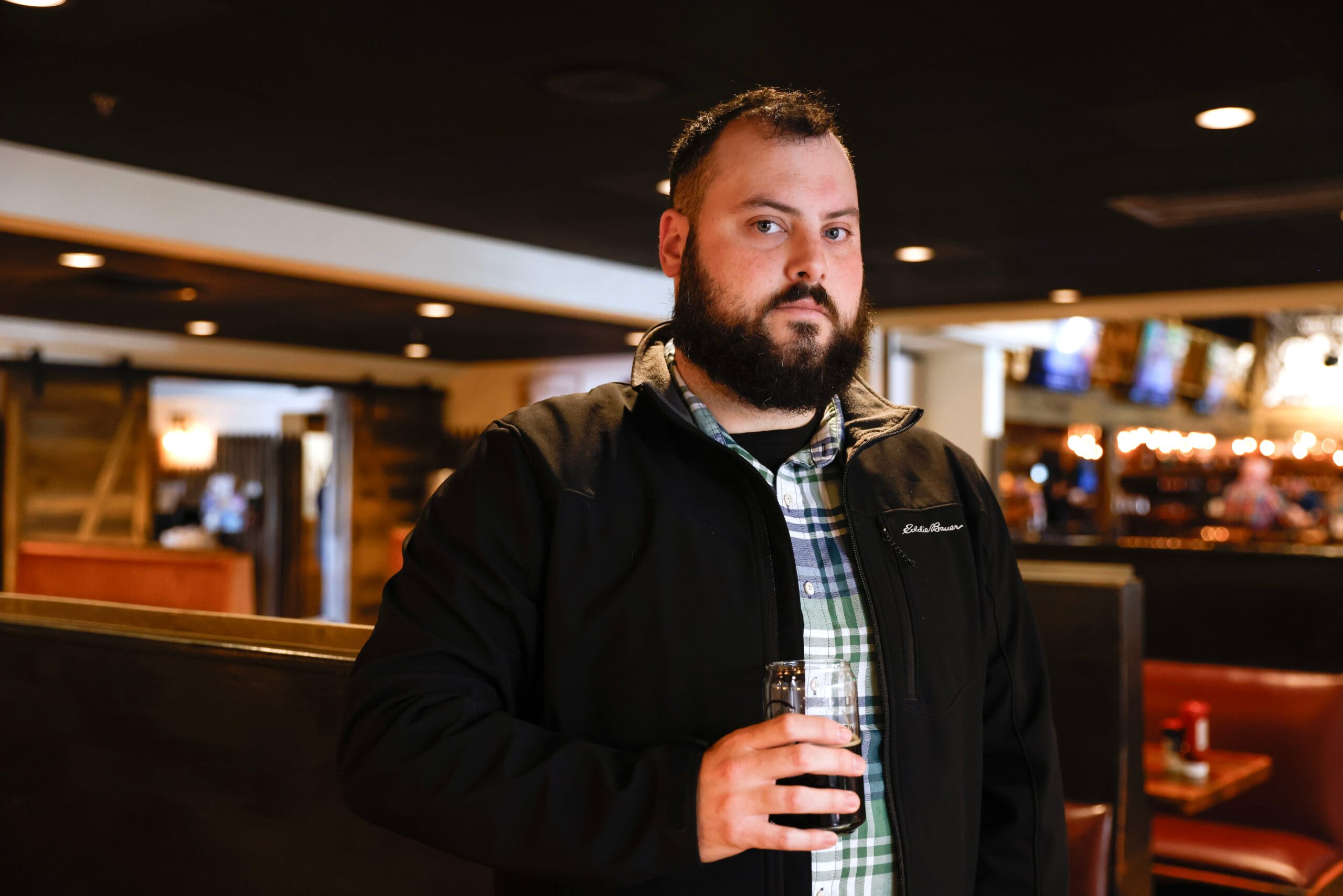
Boston Beer would not address ongoing litigation, and Lone Pine did not respond to a request for comment.
The former employee Boston Beer pursued last fall for violating his noncompete agreement, Brian Soudant, left the company last April and went to work for Downeast Cider as a senior vice president in marketing. The complaint states that the company paid for a forensic analysis of Soudant’s computer and found that he had accessed “confidential and proprietary information” shortly before he left that could be used to market products in direct competition with Boston Beer.
Soudant and Downeast, which terminated Soudant after the lawsuit was filed, declined to comment.
In a similar case in 2011, Boston Beer sued former sales representative Judd Hausner and his new employer, Anchor Brewing Co. in San Francisco, for violating his noncompete agreement, noting he had knowledge of “secret brand initiatives.” The case was settled out of court later that year.
Two local craft brewery executives who previously used noncompetes said they had stopped requiring them, in large part because there was no real reason to.
“We don’t want to keep anyone from a job,” said Adam Romanow, the founder of Castle Island Brewing Co. “At the end of the day, we’re not doing anything that is proprietary or truly unique.”
People have been brewing beer for thousands of years, said Dan Kenary, chief executive of Mass Bay Brewing Co., parent company of Harpoon Brewery: “We’re not biotech or [a] defense business or high tech.”
Kenary said he didn’t know of any craft breweries that used noncompetes besides Boston Beer. “You’ve got to have the resources to pay lawyers to go after people and the staff to do so,” he said, “and most of us don’t.”
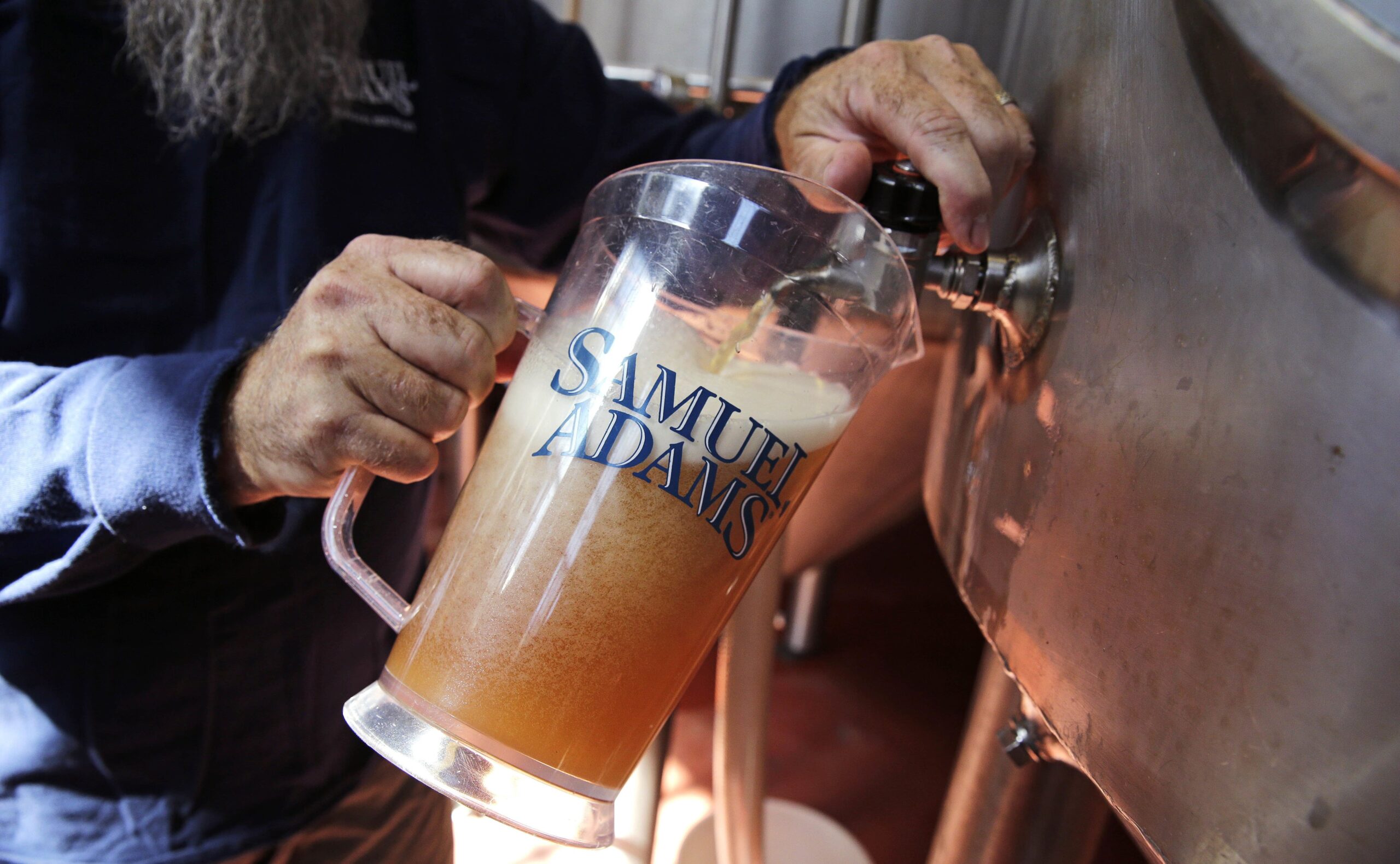
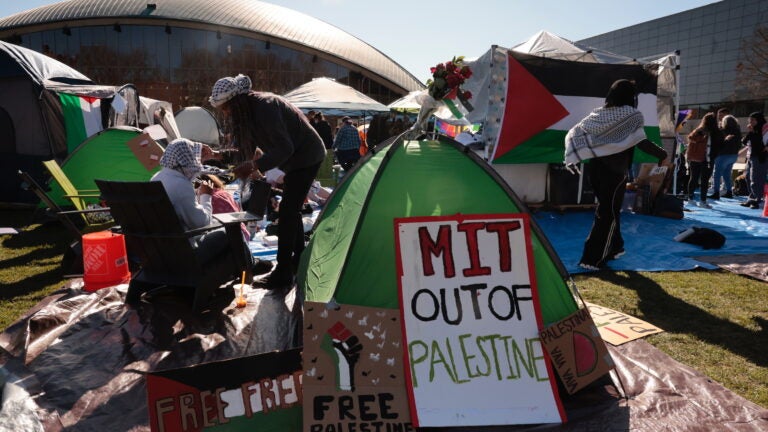
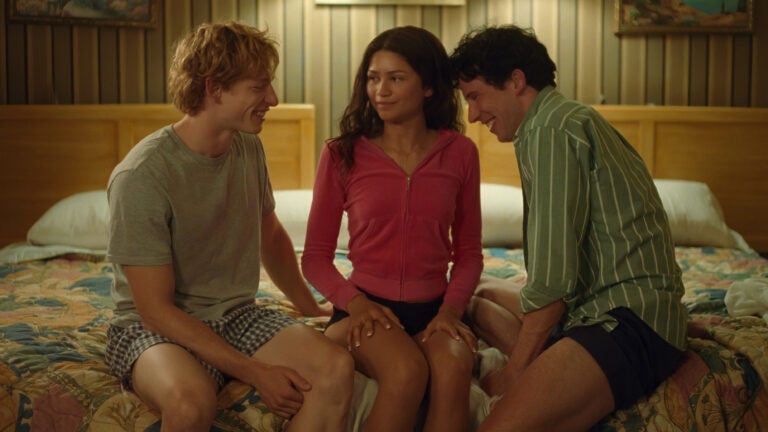
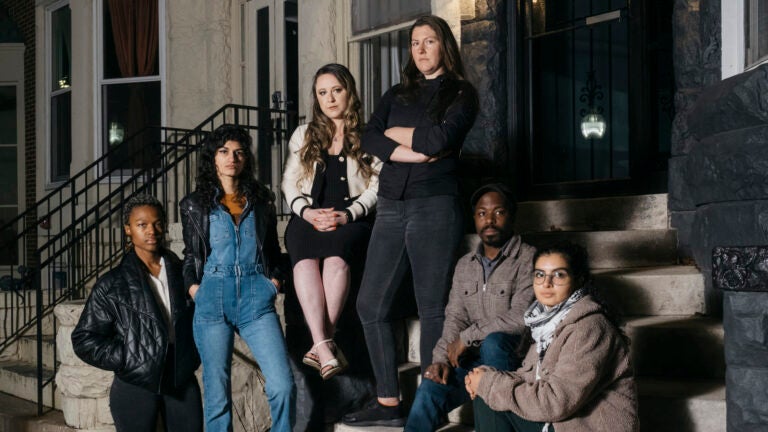
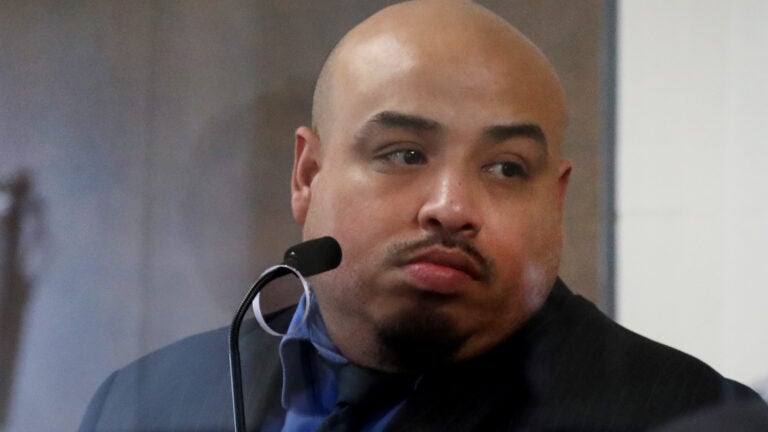
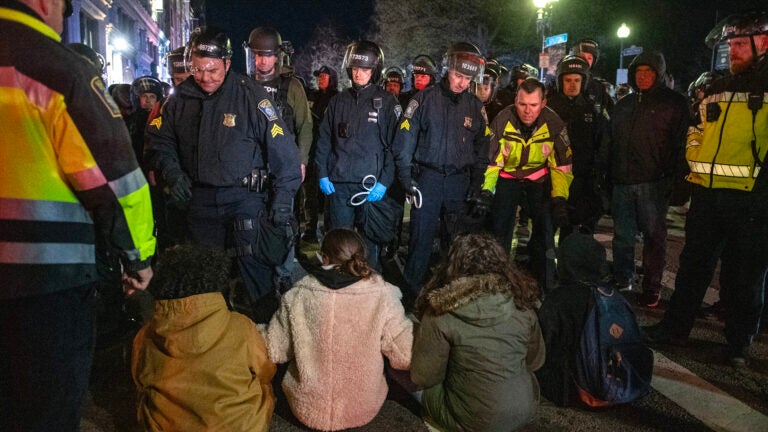
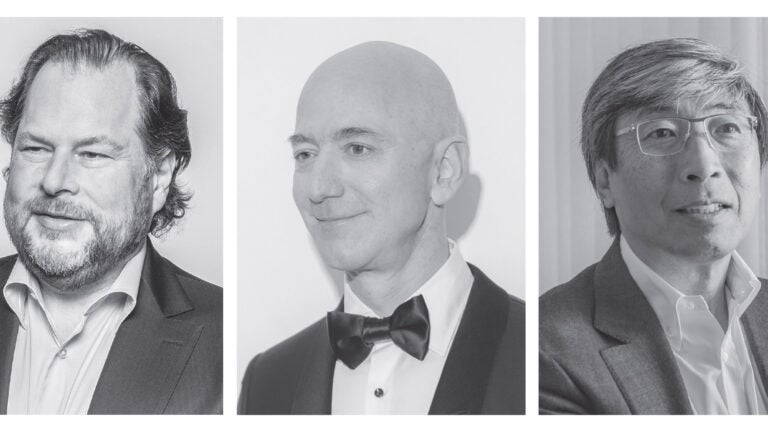

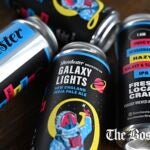
Conversation
This discussion has ended. Please join elsewhere on Boston.com